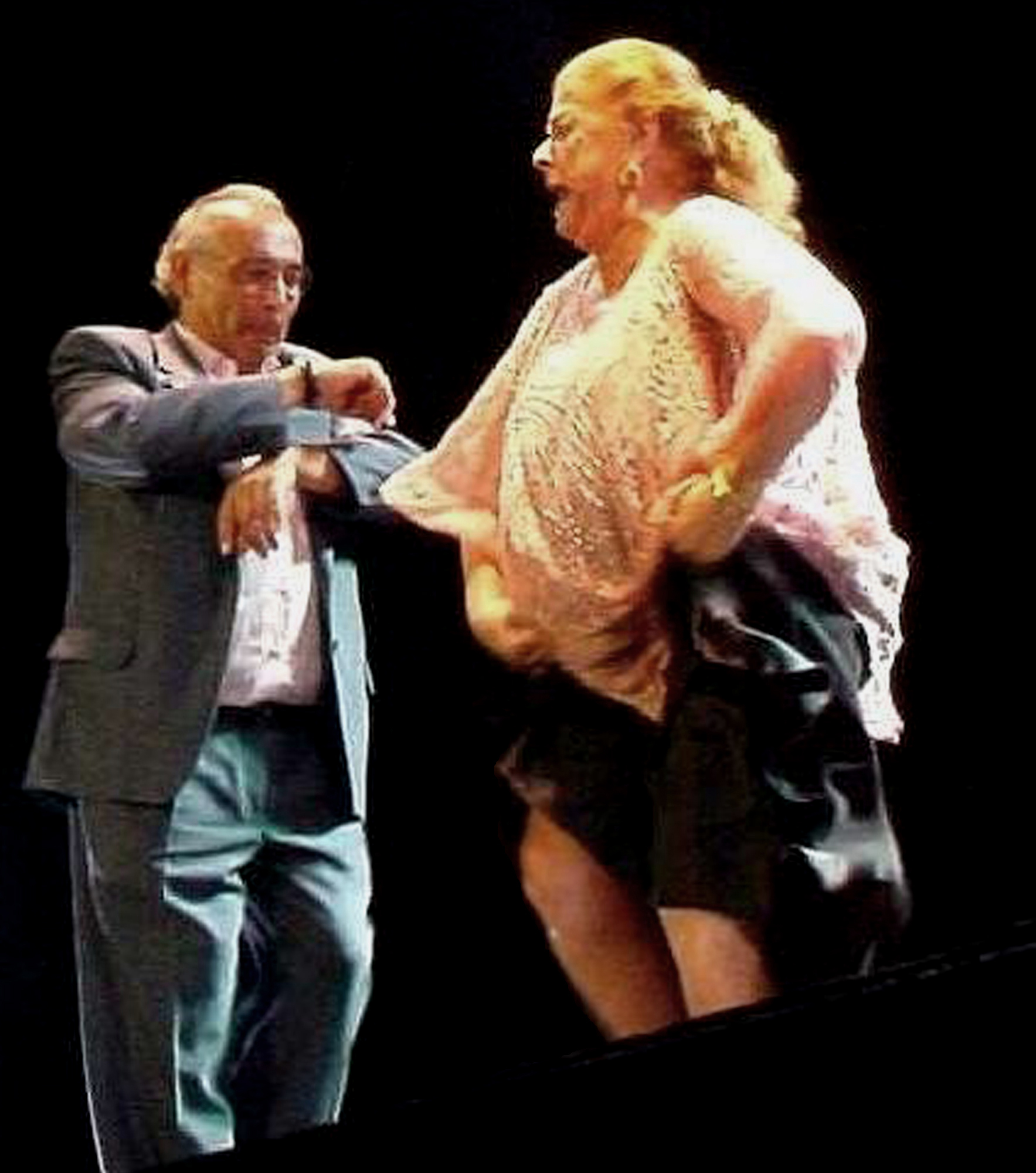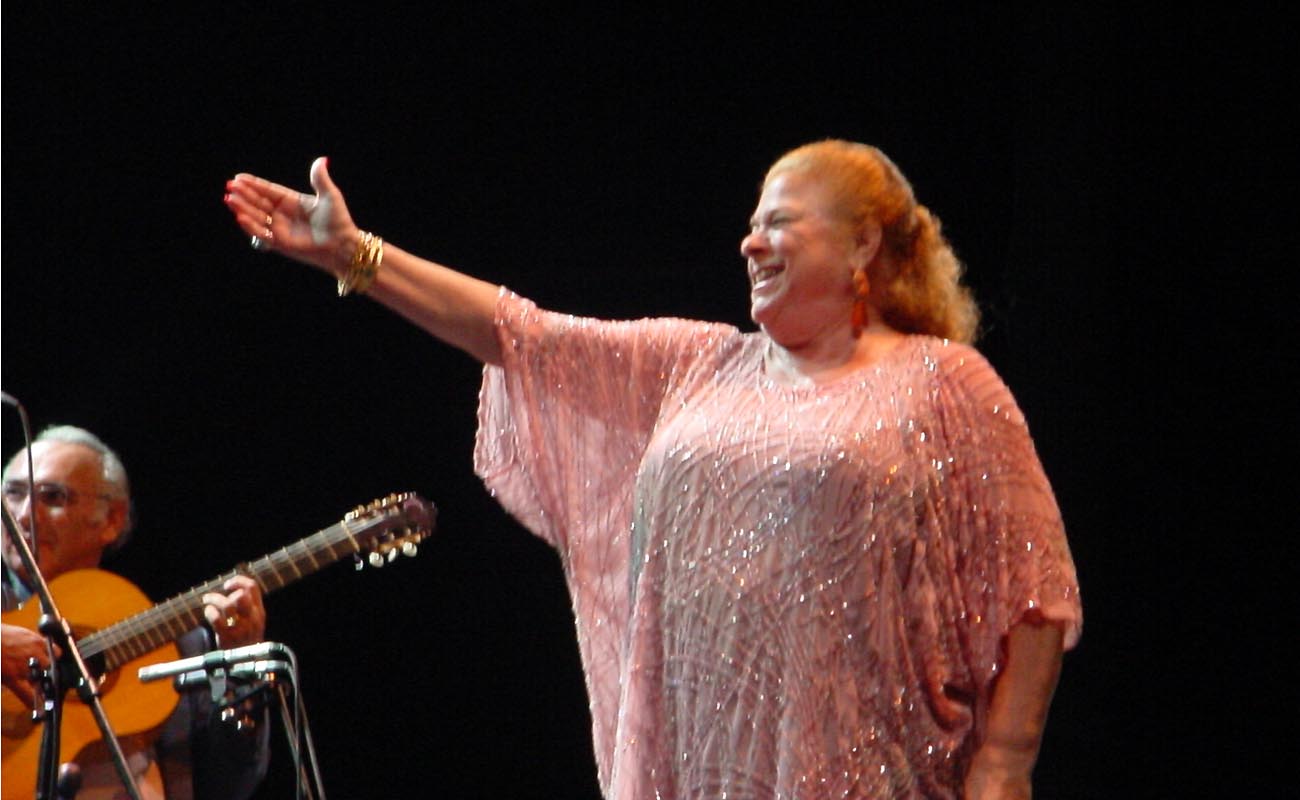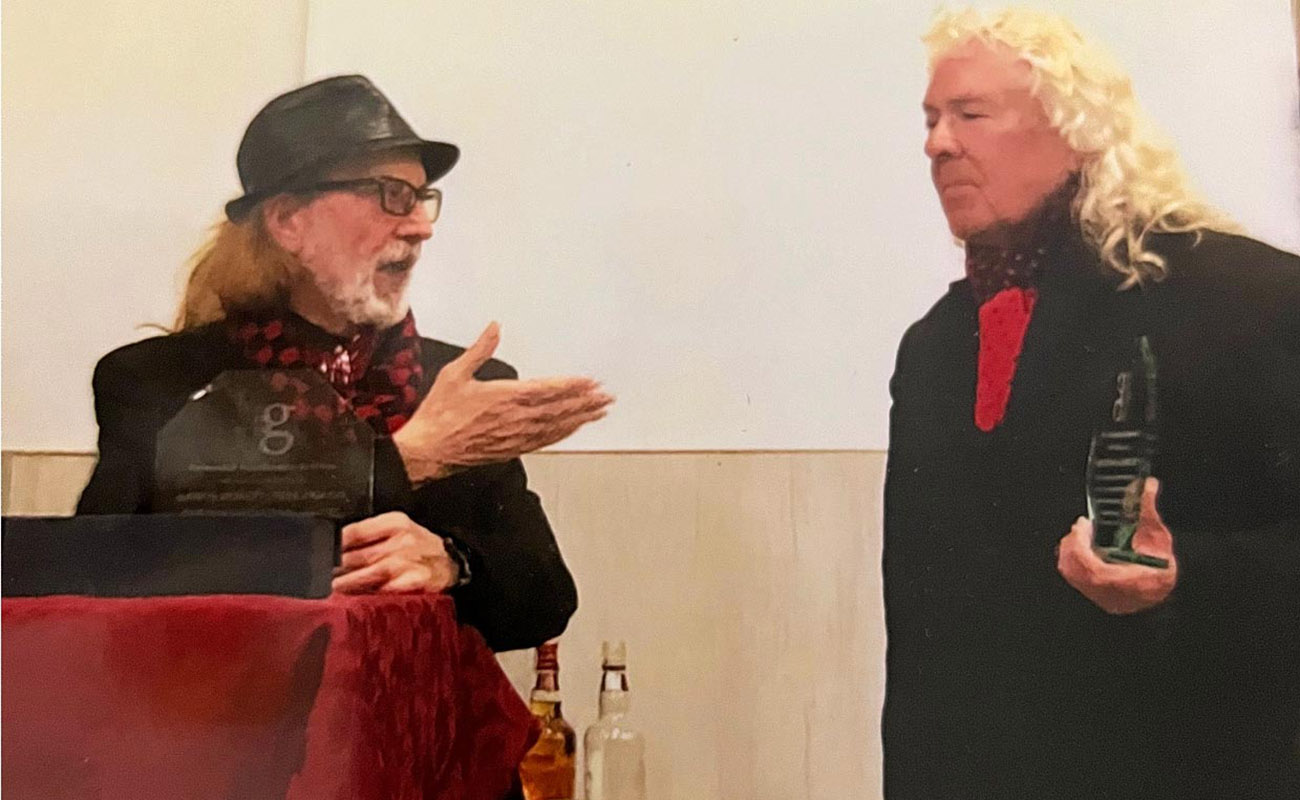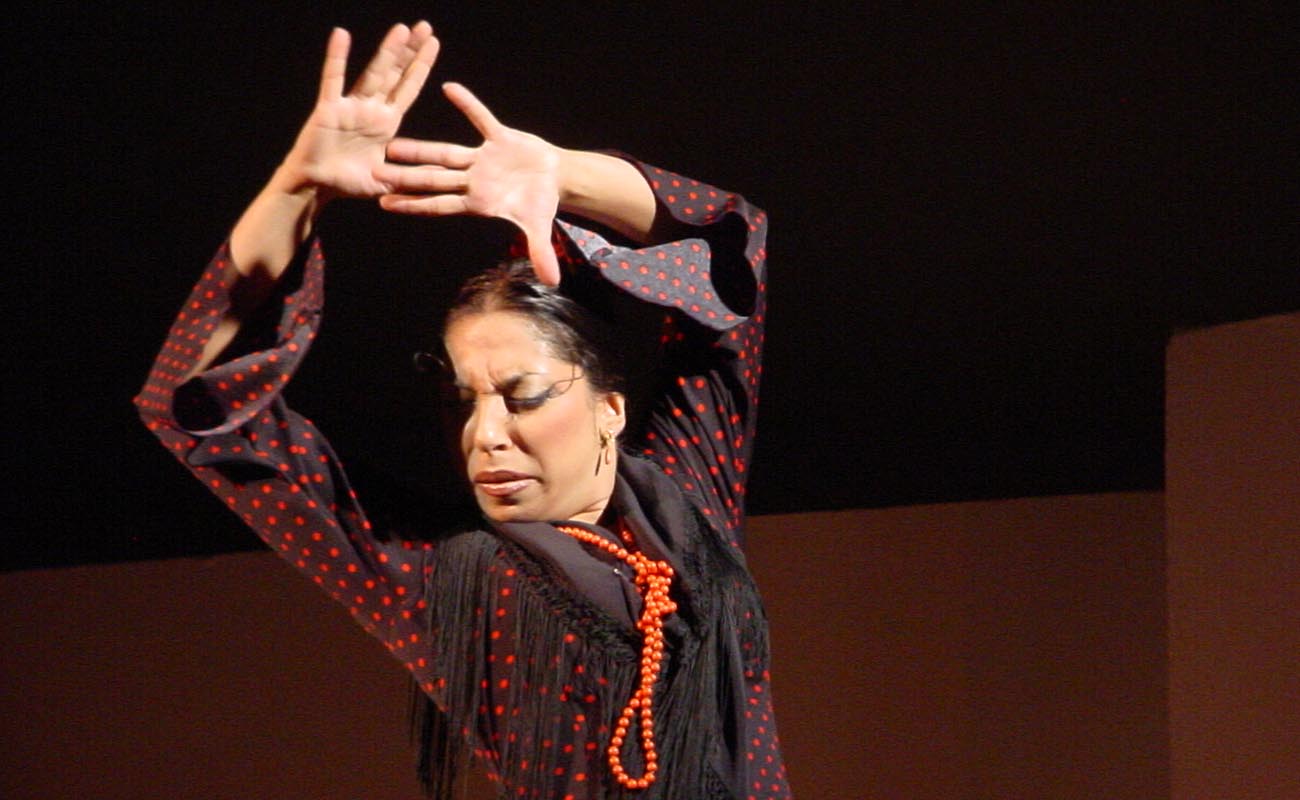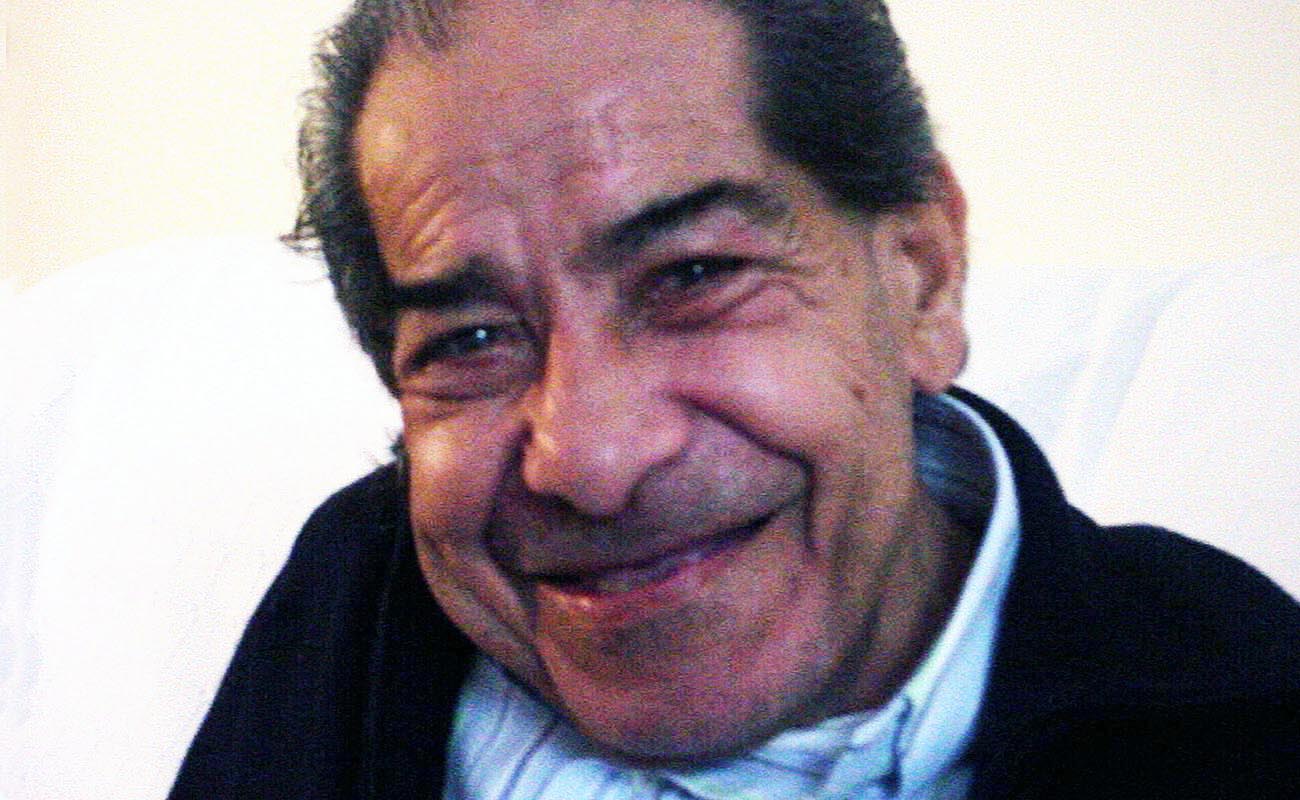Twenty years without la Paquera
Francisca Méndez Garrido, Paquera de Jerez was one of a kind, now and forever. On April 26, two decades will have passed since her adios.
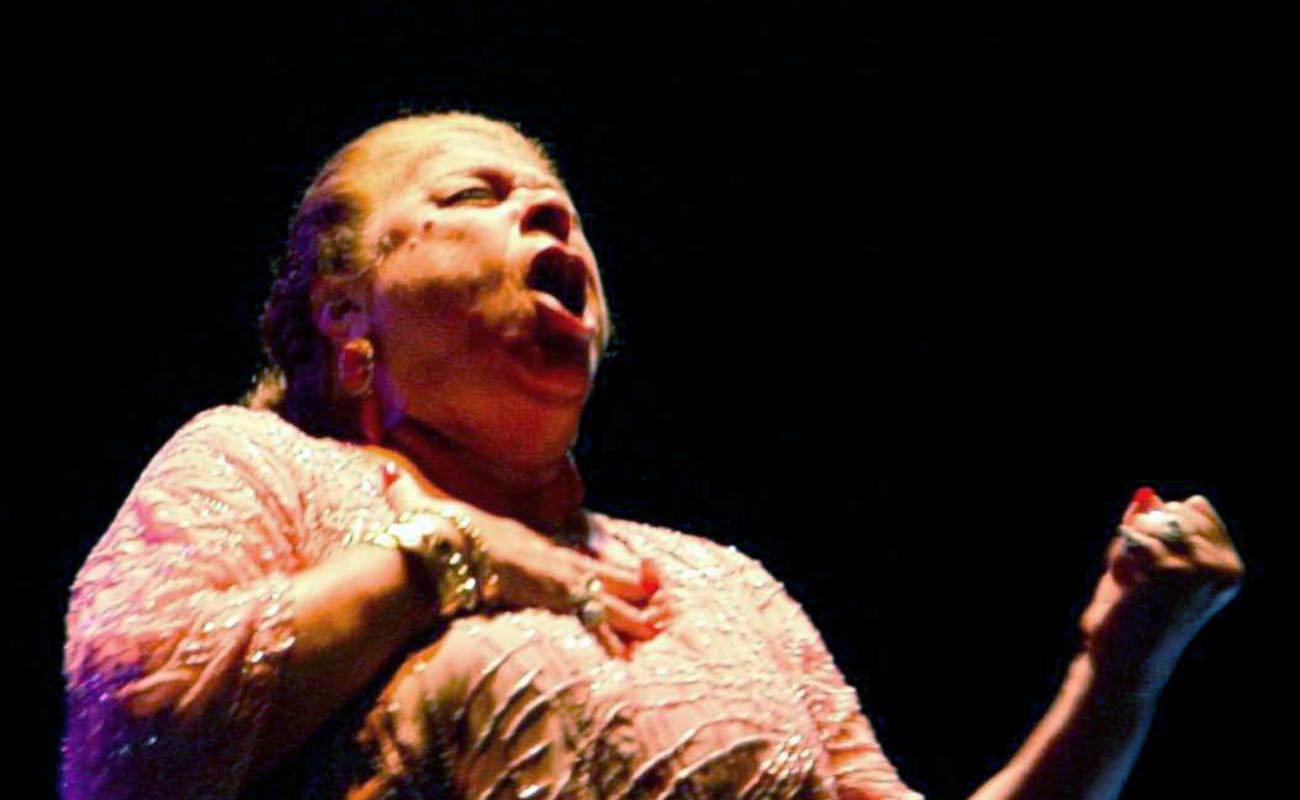
Flamenco singing that nourished the soul. An overwhelming personality. Power. There are those who would say she shouted. Ladies and gentlemen, Francisca Méndez Garrido did not shout. It never seemed she was forcing her voice, nor that it was an affectation. On the contrary. She had a natural abundance of power. It was a clean brilliant voice like the finest stainless steel, rage with no barriers.
On April 26, two decades will have passed since her adios, and I’m sure many colleagues, writers, and journalists more qualified than myself will want to remember and praise her as she deserves. I felt the need to evoke her now, that inimitable voice, the thick syrup of her unmistakable way of singing that doesn’t remind you of anyone else. Like the voice of Torre, once you heard it, it stuck in your head and never went away.
I remember years ago, in the 1960s, Spanish products used to arrive in New York City at Casa Moneo on Fourteenth Street. Little bottles of olive oil that Americans used for cleaning their ears, vacuum-packed potato omelets (the transatlantic importation of potato omelets, seeing is believing!), packets of El Avión food coloring for rice, you know, the essentials. And amidst all that, the equally essential recordings of Terremoto, María Vargas, Amina, los Hermanos Reyes and Paquera. At the time, I couldn’t fully appreciate the uniqueness of this artist, but was drawn to her controlled strength, and understood that hers was an important voice.
That opening scene of the film Flamenco (1995) by Carlos Saura, who can forget how Paquera took the runway towards the camera with the determination of a Boeing? Unique, striking, dynamic, Jerez through and through, coloring everything flamenco. Bulerías as only she could deliver, yes, we all know that, but she took on anything and made it flamenco.
In 2002, Paquera was honored at the Cante de las Minas Festival in La Unión. Dame Francisca, a force of nature in sequined gown, was welcomed at the Cathedral of Flamenco in La Unión with a warm and heartfelt ovation, only fitting for the queen that she was. She made our insides tremble with her singing, and Manuel Parrilla, faithful to his two mistresses, Paquera and the guitar, completed the experience filling the air with the scent of Jerez. In 2003, at the age of 67, Paquera made her first trip to Japan. The adventure was immortalized in an excellent documentary, Por oriente sale el sol (the sun rises in the east), directed by Fernando González-Caballos.
The image of Paquera and Parrilla dancing together to bulerías in the closing of their recital in La Unión is a powerful memory, an image that will not be seen again. In a year and a half, Parrilla suffered a terrible illness that took him away from performance and celebration, and Paquera passed away
On a rainy gray morning that April day, hundreds of people accompanied her to her final rest, a silent tableau of the great figures of flamenco at that time, bearing mute witness to the magnitude of the loss.
Some flamenco singers have inspired “schools” of interpretation…we have numerous followers or imitators of Camarón, Antonio Mairena, Manolo Caracol, Pepe Marchena… However no singer could be said to truly follow a Paquera school because Francisca Méndez Garrido, Paquera de Jerez was one of a kind, now and forever.


